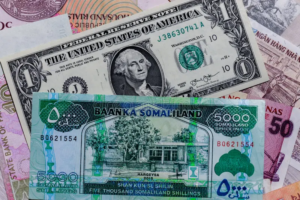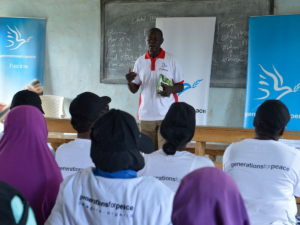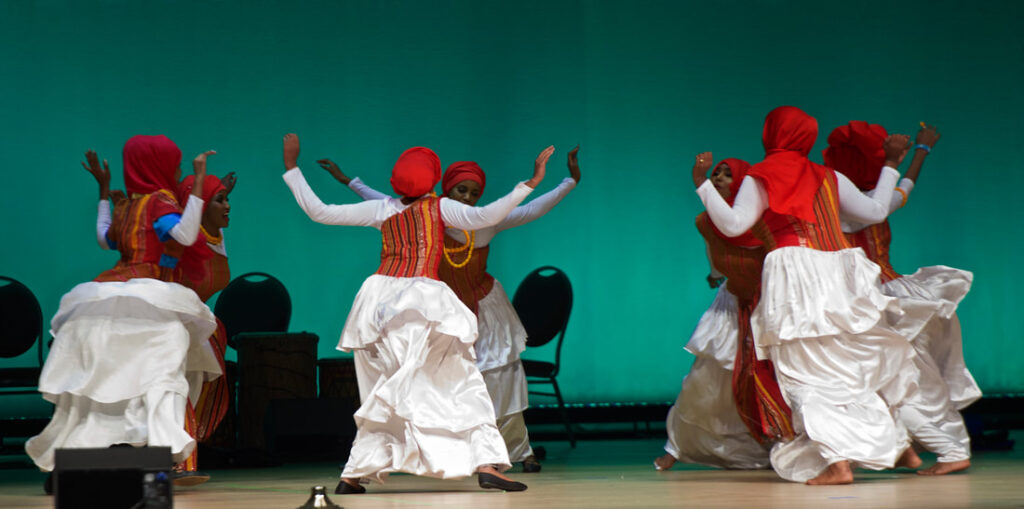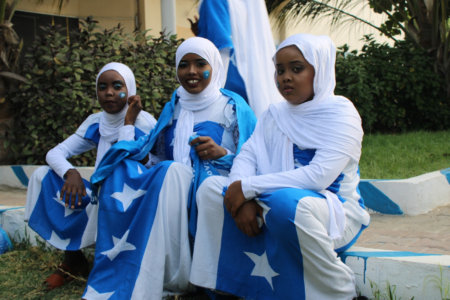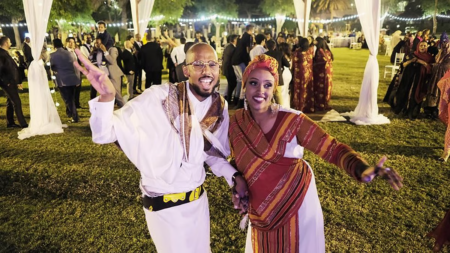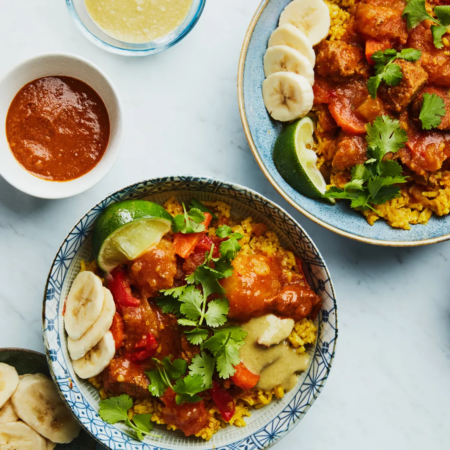Somali culture is a vibrant tapestry woven from centuries of nomadic heritage, Islamic traditions, poetry, oral storytelling, and a deep connection to the land and sea.
Despite years of conflict and displacement, the culture remains a powerful source of identity for Somalis at home and in the diaspora.
Traditional Somali Culture and Customs
1. Oral Poetry and Storytelling
Somalia is often referred to as the “Nation of Poets.”
Poetry is a central part of Somali life, used for communication, education, and even political discourse.
Traditional forms like gabay, geeraar, and buraanbur are passed down orally and performed at gatherings, preserving history and collective wisdom.
2. Nomadic and Pastoral Heritage
Historically, most Somalis were nomadic herders who moved with their livestock across arid landscapes.
This lifestyle shaped core values like hospitality, self-reliance, and deep respect for nature—elements that remain central in Somali identity today.
3. Traditional Somali Clothing
Somali dress varies by region, but common garments include the macawis (a sarong-like garment for men), and the dirac or guntiino (dresses worn by women).
Traditional clothing is often worn during weddings, religious celebrations, and cultural festivals.
4. Cuisine and Communal Eating
Somali cuisine is influenced by East African, Arabian, and Indian flavors.
Staples include bariis (rice with spices), muufo (flatbread), suqaar (stir-fried meat), and canjeero. Meals are typically shared communally, reflecting the cultural emphasis on family and unity.
5. Islamic Influence
Islam is the dominant religion in Somalia and deeply influences customs, daily routines, and moral values. Religious education, modesty in dress, and prayer practices are widely observed.

Cultural Expressions and Arts
▸ Music and Dance
Traditional Somali music includes rhythmic drumming, vocal harmonies, and dances like the dhaanto, which originated from nomadic warrior culture.
These performances are often seen during weddings and community celebrations.
▸ Visual Arts and Handicrafts
Somalis produce beautiful hand-woven textiles, wood carvings, and basketry.
Traditional patterns often hold symbolic meaning and are passed down through generations.
▸ Architecture
In historical towns like Zeila and Mogadishu, ancient mosques and coral-stone houses reflect Islamic and coastal architectural influences.
The traditional aqal (nomadic hut) is also a cultural symbol of Somali resilience and adaptability.
Somali Culture in the Modern World
◉ Diaspora Influence
With millions of Somalis living abroad, particularly in North America, Europe, and the Middle East, Somali culture is experiencing global exposure and adaptation.
Diaspora youth are blending traditional customs with modern lifestyles through art, music, and fashion.
◉ Media and Cultural Preservation
Digital platforms have enabled Somalis to archive oral stories, share poetry, and document family traditions.
Social media, podcasts, and online storytelling platforms are helping preserve cultural heritage in new formats.
◉ Youth and Cultural Identity
Young Somalis are reinterpreting cultural values through activism, entrepreneurship, and creative expression—balancing tradition with the realities of modern life.
This is seen in the rise of Somali rappers, filmmakers, and designers making waves globally.
Somali Culture – Challenges and Opportunities
While Somali culture remains resilient, it faces challenges such as:
- Loss of traditional language skills in younger generations
- Fragmentation due to political and social displacement
- Globalization’s impact on local customs and family structures
However, there are also opportunities:
- Revival of interest in indigenous languages and poetry
- Creation of cultural centers, museums, and festivals
- Promotion of Somali arts and traditions on international platforms
Somali culture is dynamic, layered, and rich in tradition.
From its poetic soul to its strong family values and unique nomadic heritage, it continues to thrive despite adversity.
As modern influences reshape the cultural landscape, Somalis across the globe are finding new ways to celebrate, preserve, and evolve their heritage—ensuring it remains a vibrant part of their identity in the 21st century.
Read Also:
Somalia Ban on Taiwanese Passports – Global Reaction
